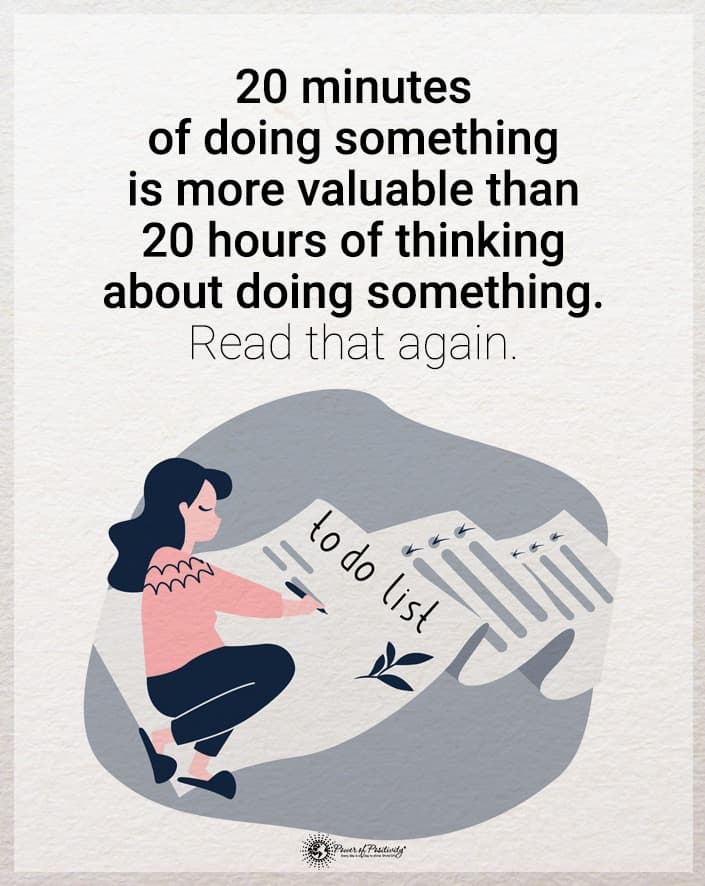Have you ever been so busy that you feel like you’re on the brink of collapsing? Have your days blurred together to the point where you feel like crawling through life on autopilot? Life can be so hectic sometimes that you might wonder how you are supposed to find time to breathe. You probably need to find a way to maximize time.
But no matter how busy everything gets, there are always ways to manage and maximize every second you have.
Five Tips To Effectively Manage And Maximize Time
Learn to follow these practices to maximize time better.
1. Start to Maximize Time With an Audit
Whenever you want to start improving your time management, the first step is to identify the problem. Then you must tell precisely how much time you spend in a day doing different activities. Creating a time audit means keeping track of whatever you are doing and how long you are doing it.You might think that an email, or a routine report, only takes you about half an hour a day. But you might be surprised to find that it takes you much more than that.
One of the reasons you feel like there isn’t enough time in a day and you feel suffocated. Besides that, people often underestimate how long certain activities take. Thus all their plans will come out wrong and way too busy. You will never plan a good day if you don’t have an accurate time assessment.
So track your days for a week or so (which you can do on different apps). Then, you can begin grouping activities into three categories:
- Very important
- Less important
- Not important at all
This insight will help you realize where you are wasting time and work on becoming more efficient.
Auditing also allows for more realistic planning of your days, and you will not have to face having more work hours planned than the hours in a day.
2. Make A To-Do List to Help Maximize Time
Yes, you have probably heard this advice so many times that you roll your eyes whenever someone suggests you try making a to-do list. But have you ever actually tried making and keeping one, or was it just something you gave up on after two days?
A to-do list is not some monstrous piece of paper that rules over your life. All the to-do lists you’ve ever made were probably thought of as some magical way to make sure you do every little insignificant thing imaginable. So imagine your to-do list has fifty bullet points. Obviously, you’re going to give up on trying to follow it after just a couple of days.
The more complex the list is, the less effective it will be. If you see that you have even a coffee break scheduled or written down as a necessity, no wonder you’re going to be scared of coming close to that list.
The secret to making excellent and reliable to-do lists is keeping them simple but clear and to the point. Focus on having only the most crucial aspects of the day on your daily list, and concentrate on getting those things done. Don’t overcomplicate your day. You’ll only get overwhelmed, and you’ll end up wishing you could burn that list. The simpler it is, the more motivated you will be to get through everything to get everything done and enjoy the rest of the day. Having simpler lists also helps you see through all the fog created by your daily routine. Simply writing things down and simplifying them can force you to create order in your head.
So how do you accomplish this?
If you want to be more efficient, keep long-term to-do lists to set milestones for different projects and goals you might have. Those can help you keep track of how much more you have to go until you reach the finish line, and seeing your progress can also help you realize that you are approaching what you have in mind, therefore making you more motivated to keep going even when you might not want to. This approach is strongly supported by recruiter and software engineer William Lipovsky.
Studies have shown that simply making a plan to get things done can free the mind from the anxiety and stress associated with that task. Therefore the mere act of writing a to-do list can be the first step in getting into the right mindset to tackle your day effectively.
3. Delegate Work to Maximize Time
Why bother doing everything alone when you can outsource parts of your workload? Remember that you can always have someone else do part of what needs to get done whenever life gets too busy.
Maybe you are just too busy at work, and it’s time to train someone to be your assistant. Find someone else who can do simple tasks, like the routine reports. Then, you will have more time left to focus on more extensive and more critical tasks. It would be best if you never tried to do it all alone. Otherwise, you will reach the point where you find yourself working upwards of sixteen hours a day. There’s no shame in asking for help. Not only is it not shameful, but it allows you to specialize and be more efficient.
Delegating work is not restricted to your work, though. Why are you worrying about washing that mountain of dishes when you can employ someone to help you with the cleaning? If you’re already working seemingly all day and you find yourself ordering takeout every day, why not have someone who cooks for you from time to time?
Outsourcing work will help you make more time in the day for the most pressing activities. This helper empowers you to pursue your goals while being less stressed. Just knowing that someone else is taking care of some stuff can immediately make you less anxious and lets you dedicate time to the job at hand.
4. Focus On One Thing At A Time
Often, people choose to start far too many tasks at a time. They hope that they will not only manage all of them but somehow finish them faster than they would have if they had taken things slowly, one at a time. This approach not only overwhelms you. Besides, it makes you so much more prone to dropping certain tasks and projects in an attempt not to get overworked.
One of the golden rules of time management is to choose a task and make sure to see it through to the end. This is best achieved when you set a rule to not begin a job before finishing the one you are working on at a particular time.
If you are writing emails, there’s no need to check some stats at that exact moment. That will only make you distracted. Instead, start one thing, make sure you finish, then you can confidently begin another. Not only will you not get distracted and be more efficient, but you won’t have to deal with half-work later.
This approach also allows you to understand how long each task takes because you are doing it in one go, and it can help you set realistic time limits in which to complete specific tasks. This way, you will be able to plan without dealing with the uncertainty of questioning yourself effectively.
“How long will this take?”
“What if I lose my focus and give up on the task?”
Taking things one at a time also allows you to have breaks between tasks. Relaxing for even a few minutes will enable you to recharge and start a new job with more clarity and energy, thus increasing efficiency.
5. Maximize Time by Avoiding Perfectionism
Trying to be perfect to a fault could be the death of you. Most times in life, people don’t expect perfection. They expect a job well done.
Trying to be perfect will make you overanalyze everything you do, to the point where you won’t be able to accept that some things are just not meant to be perfect. Spending time desperately trying to make a report look nice is useless. The boss cares about the contents of the information, not how it looks.
You might fall into the trap of spending so much time overanalyzing something already good enough that at the end of the whole charade, you’re no closer to perfection. Thus, you spent time without reason, time in which you could have pursued another task.
This doesn’t mean you are allowed to be careless and to do things just for the sake of it. You still have to give everything your best shot. But your attitude should be the right one. Don’t become anxious because you can’t reach perfection. Instead, understand that you are only human and you should do whatever you can, and that’s good enough.
Just because something you did isn’t perfect doesn’t mean it’s not good enough or that it doesn’t deserve to see the light of day; it is just fine. Remember, perfection doesn’t exist. Plus, it’s inefficient to repeat tasks when you can pursue new jobs and be more productive.
Final Thoughts On How To Manage And Maximize Time
It’s ok to feel overwhelmed by everything you have to do sometimes. Life is busy, and sometimes people feel like they can’t juggle everything thrown at them. Time is a precious resource, and there never seems to be enough of it in the world. But there are ways in which to make the most out of the little time you do have.
The most important thing to remember is that you have to start planning your days. So make to-do lists, audit your time, and schedule and group tasks. Indeed, the better you plan your days, the more chances you will have to get everything done. You might even find some extra time to enjoy yourself!
Try to remember to take things one at a time and try to avoid perfection at any cost. And, if you can’t manage everything alone, don’t be afraid to delegate work. Delegating allows you to focus on the most critical tasks at hand.




















